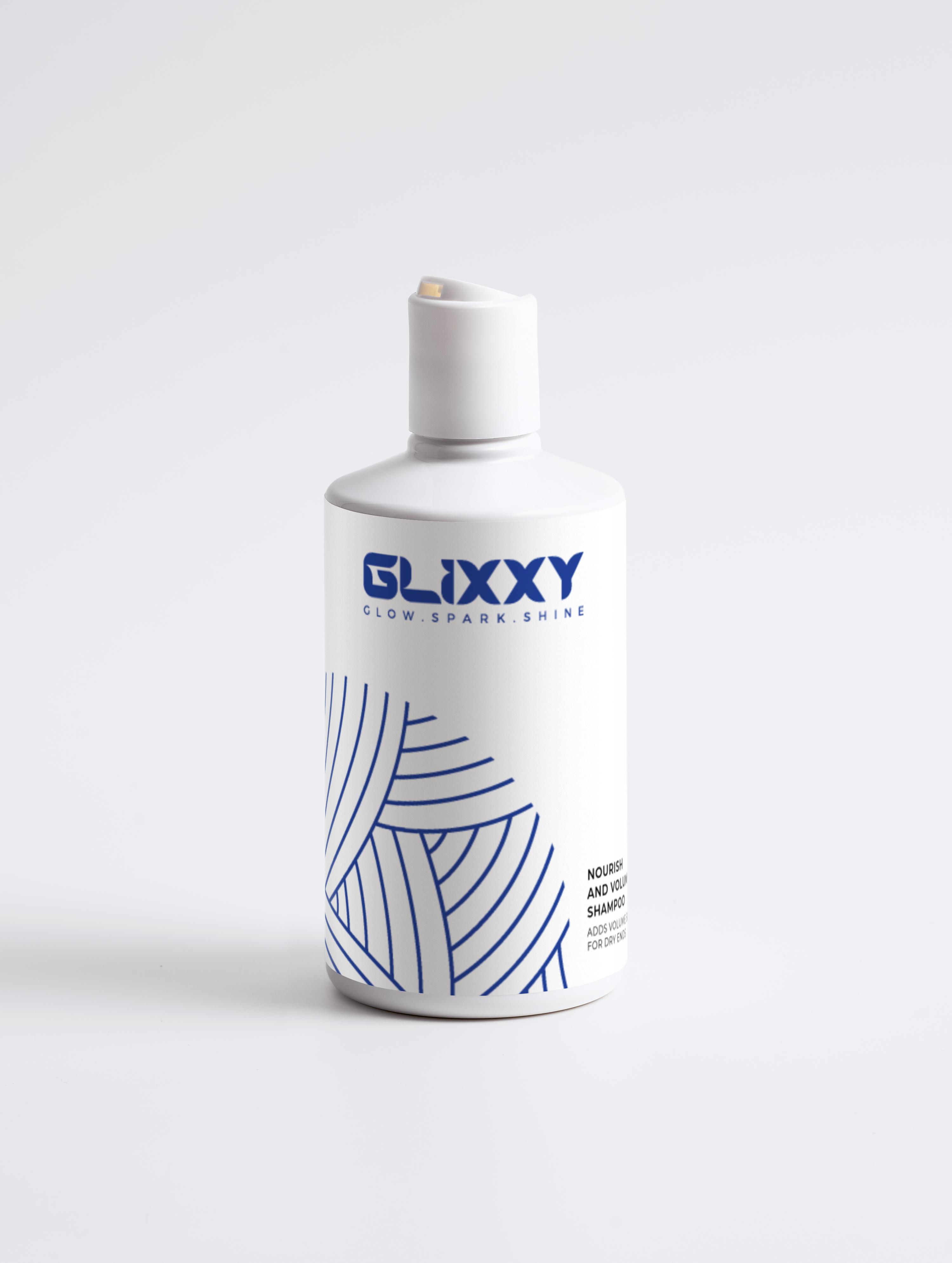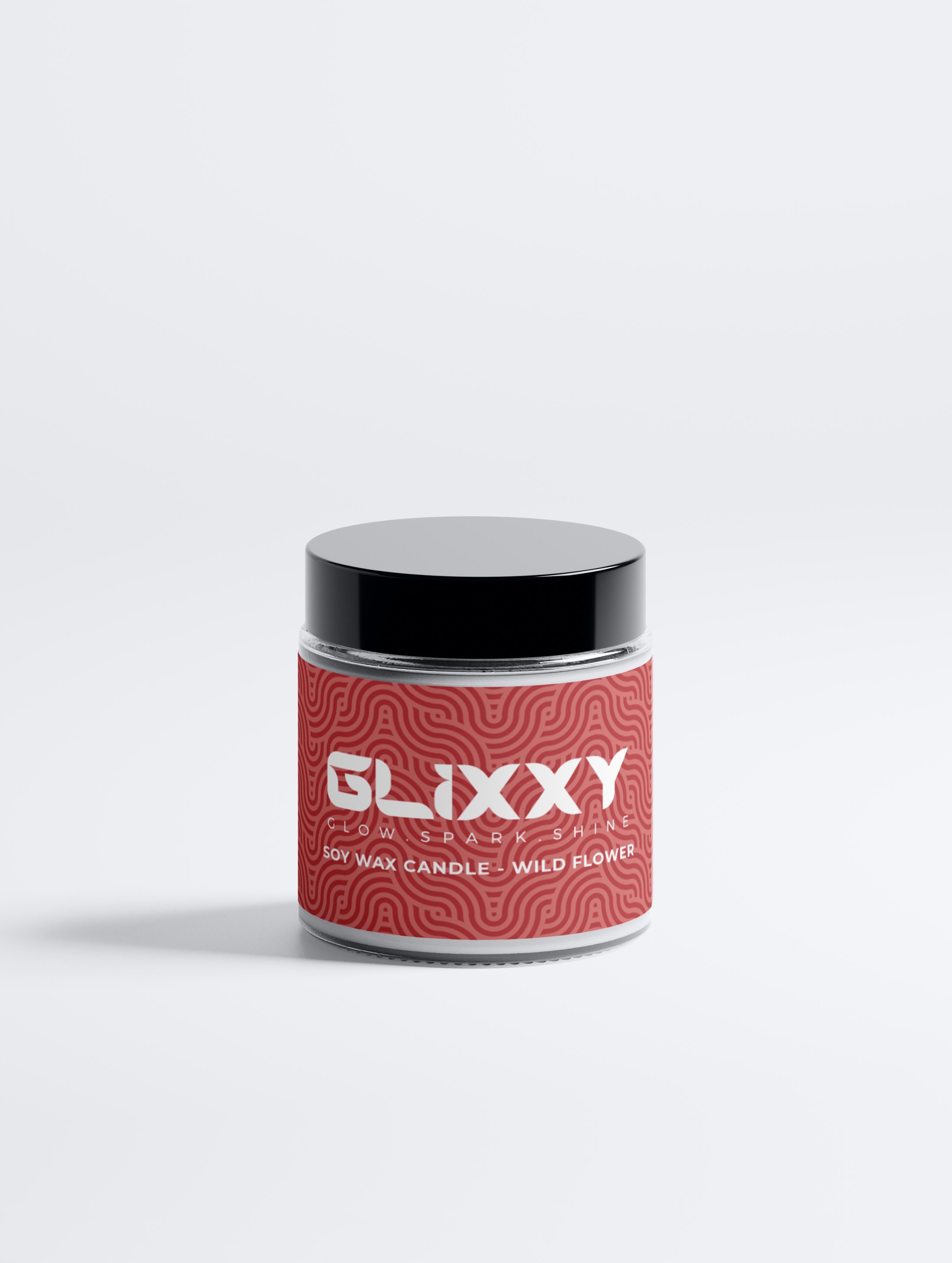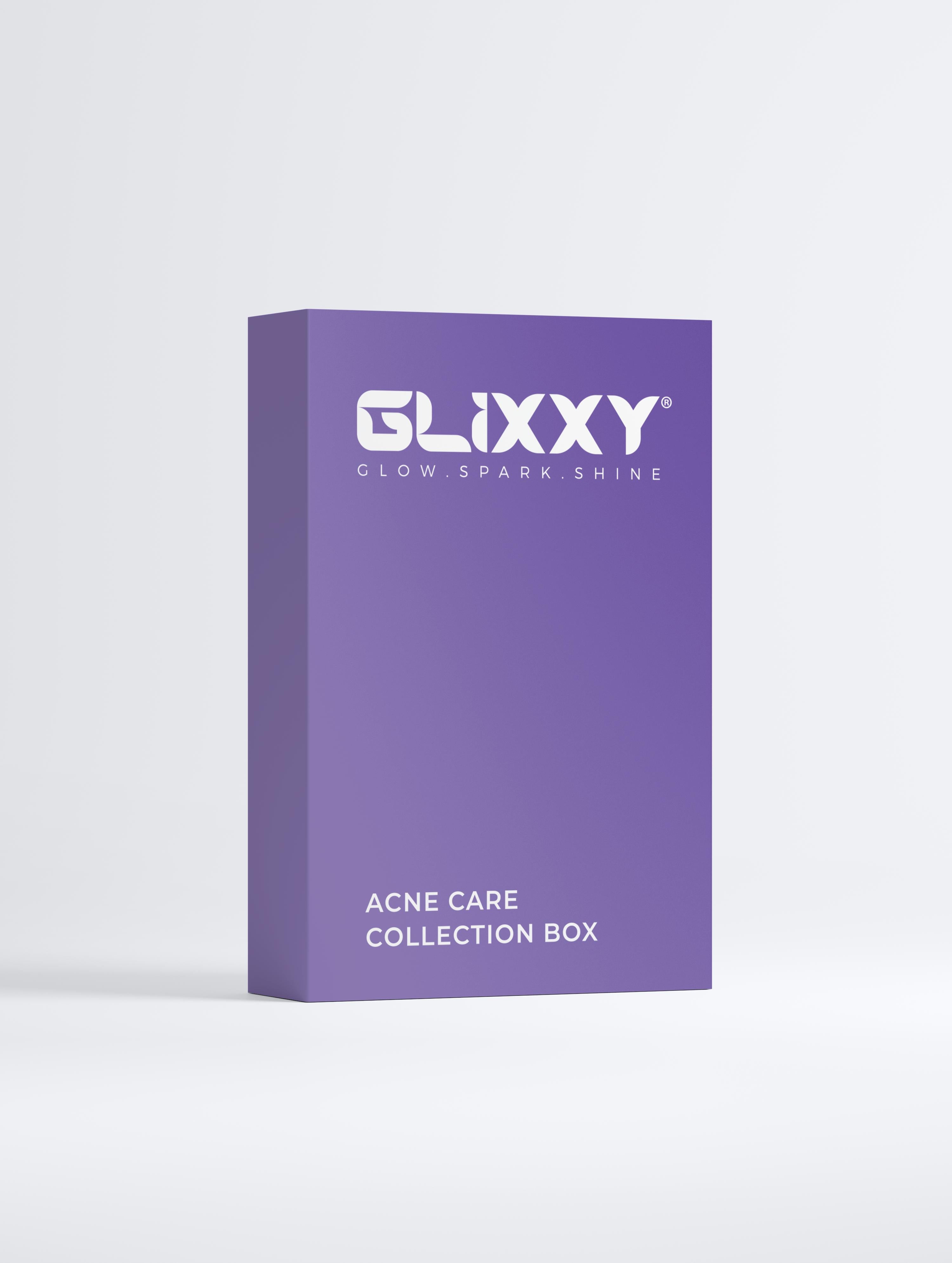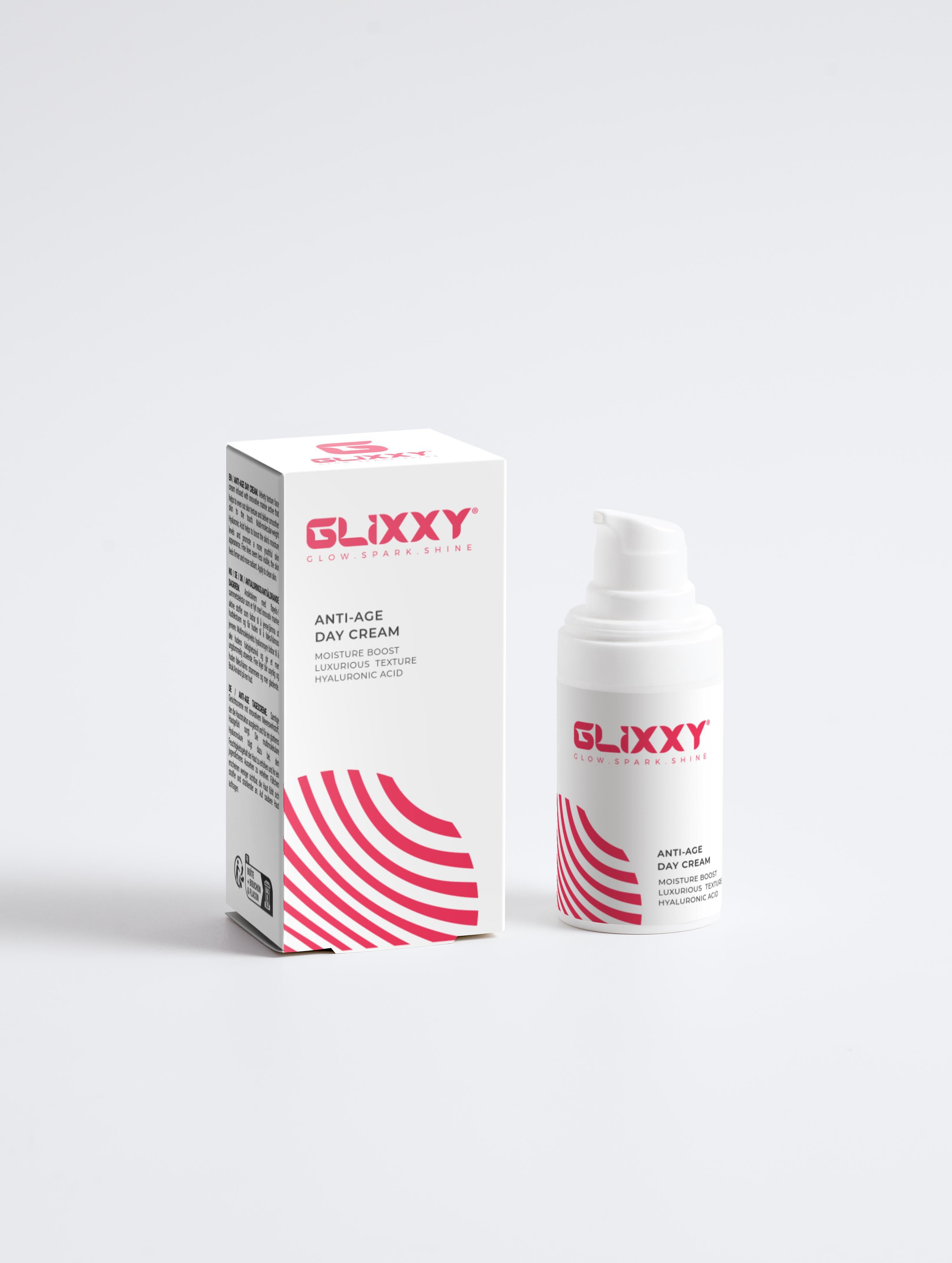Vitamin C is a multitasking and potent antioxidant for any skincare routine. It helps awaken your complexion, acts as an anti-aging, and plays an important role in supporting your overall skin health. This antioxidant also acts as an anti-inflammatory agent, which provides a shield against the sun's UV rays and free radical damage. Vitamin C is known for its skin benefits, including reducing hyperpigmentation and brightening your complexion by diminishing the appearance of fine lines, wrinkles, and acne scars. It helps to support the wound-healing process, boost skin collagen production, and manage eczema symptoms (and several other chronic inflammatory skin conditions).
Whenever you are building a skincare routine, you must figure out which products and ingredients work best together. Select what addresses your skin's specific needs and suits your skin type. You will be amazed to know that Vitamin C is suitable for all skin types. Still, it is crucial to consider whether a moisturizer, vitamin C serum, toner, or alternative mixes well with the other ingredients or not. Address your major skin concerns and improve the efficiency of your overall routine by knowing which vitamin C combinations are suitable and working.
Read on and explore dos and don'ts for combining other ingredients with vitamin C to build an ideal skincare routine.
What Not to Use with Vitamin C: Ingredients You Should Never Combine

Vitamin C works like magic on all skin types. But it can be detrimental if it gets combined with the wrong ingredient. Below are the vitamin C combinations that you must avoid:
Vitamin C + Benzoyl peroxide
What should you not combine with vitamin C? Benzoyl peroxide is an ingredient that you must avoid mixing with Vitamin C. It is used for the treatment of mild to moderate acne due to its anti-inflammatory properties. This ingredient works best to reduce acne-causing bacteria on your skin. Also, it prevents your skin from becoming flaky and dry (moisturizing agent). Yet, using benzoyl peroxide with Vitamin C can't cause any wonder on your skin. If you topically treat your skin with benzoyl peroxide, it will oxidise the Vitamin C. It means they both will cancel out each other's effects and can even be damaging when used together.
Vitamin C + Retinol
Retinoids, the derivatives of vitamin A, comprise anti-ageing compounds that help diminish the appearance of wrinkles and fine lines. Retinol works best to rejuvenate your skin's radiance and enhance collagen production. But, you must understand well about certain skincare combinations before stepping toward its mixture with Vitamin C. Because, mixing Vitamin C and Retinol is a recipe for skin redness, peeling, and irritation. In short, you will welcome a total disaster for your skin health. And it doesn't stop here! When you combine these two ingredients, you are at an elevated risk of the Sun's UV damage. Hence, it is best to use Vitamin C in your morning skincare routine and Retinol in your night-time skincare routine.
Vitamin C + AHAs/BHAs
What not to mix with Vitamin C? AHAs (Alpha hydroxy acids) and BHAs (beta hydroxy acids) are chemical skin exfoliants that can be a game changer for your skin. AHA helps to revitalise the skin's surface, and BHA delves deeper into the skin pores to remove excessive sebum and dead skin cells. Alpha hydroxy, beta hydroxy, and Vitamin C are acidic ingredients. A proper skincare ingredient guide helps you to use these ingredients. So, when you use AHA/BHA with Vitamin C together, you can experience skin irritation and inflammation. Now, instead of layering them, use Vitamin C in the morning and apply AHA/BHA at night. You can also alternate between Vitamin C and AHA/BHA every night.
Vitamin C + Niacinamide
Vitamin B3 or Niacinamide is a vital nutrient that helps build proteins in the skin, reduces the size of enlarged pores, treats uneven skin tone, prevents fine lines and wrinkles, and revives a healthy glow. But when you use Niacinamide with Vitamin C, they'll counteract each other chemically, making both active ingredients ineffective for your skin. Niacinamide takes out all the good characteristics of Vitamin C. So, it will turn into a substance that can trigger breakouts and cause redness.
What Happens When You Combine or Layer Vitamin C with the Wrong Ingredients?
Using Vitamin C with the wrong ingredients can cause a variety of skin issues. Individually, Vitamin C acts as an ultimate powerhouse for your skin; mixing it with some ingredients can decrease or cancel out its effectiveness or even lead to irritation. Read below to understand how it can affect your skin:
-
Irritation and Redness
Vitamin C, an acidic ingredient, when paired with other acidic ingredients like BHAs (Beta Hydroxy Acids) or AHAs (Alpha Hydroxy Acids), can cause redness and irritation. Especially those with a sensitive skin type may encounter this issue. -
Breakouts and Skin Sensitivity
Vitamin C and strong exfoliants like Retinol can increase skin sensitivity when used together. It can result in increased skin dryness and breakouts due to over-exfoliation. This skincare combination can destroy the skin's natural barrier, leading to irritation and flare-ups. -
Reduced Effectiveness
Vitamin C is stable and able to penetrate your skin effectively when used alone. Mixing it with ingredients like benzoyl peroxide can reduce its active properties for skincare. The Vitamin C's ability may be neutralized, reducing its collagen-boosting and brightening effects.
What pairs well with Vitamin C?

Vitamin E, hyaluronic acid, peptides, sunscreen, ceramides, and ferulic acid are skincare ingredients and products that work well when combined with Vitamin C. Here is a detailed to their skincare combination and benefits:
- Vitamin E and Vitamin C are both antioxidants that help to boost each other's protective effects and neutralize free radicals together.
- Hyaluronic acid is a moisturising ingredient that complements Vitamin C by hydrating the skin. They provide increased anti-aging and skin-repairing benefits by minimizing the potential dryness of skin.
- Mixing peptides and Vitamin C has greater anti-aging and collagen-boosting effects on skin.
- Sunscreen with vitamin C offers a shield against a broader spectrum of UV rays to ensure a more substantial protection for your skin.
- Ceramides and vitamin C together ensure hydrated skin, reduce fine lines and wrinkles, encourage healthy cellular turnover, protect against UV damage, and reduce hyperpigmentation.
Lastly, ferulic acid is an antioxidant that stabilizes the effects of Vitamin C on skin. When they both get mixed, they improve each other's anti-aging benefits, effectiveness, and ability to fight free radical damage.









